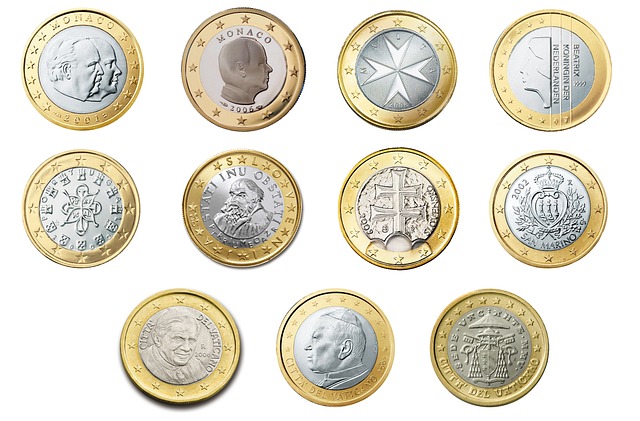The Future of Cryptocurrency Adoption
Cryptocurrencies have been a topic of interest for many years, with their adoption and use continuing to grow and evolve. As technology continues to advance and more people become aware of the benefits of cryptocurrencies, it’s likely that we’ll see even more widespread adoption in the future. In this article, we’ll explore some key points related to the future of cryptocurrency adoption, including the current state of the market, the role of regulation, and potential use cases for different types of cryptocurrencies.
First, let’s take a look at the current state of the market. As of 2023, there are currently over 5,000 active cryptocurrencies in existence, with many more in development. The total market capitalization of all cryptocurrencies combined is still relatively small compared to traditional assets like stocks and bonds, but it has been growing rapidly in recent years.
One key factor contributing to the growth of the cryptocurrency market is the increasing awareness and adoption of blockchain technology. Blockchain is the underlying technology behind most cryptocurrencies, and its potential applications go far beyond digital currency. For example, it can be used for supply chain management, identity verification, and more.
Regulation is another key factor that will play a significant role in shaping the future of cryptocurrency adoption. In many countries, there are still laws and regulations in place that make it difficult or impossible to use certain cryptocurrencies. However, as governments begin to realize the potential benefits of these technologies, we can expect to see more regulatory clarity and cooperation.
One potential use case for different types of cryptocurrencies is in cross-border payments. With the rise of remittance services like PayPal and Western Union, it’s become easier than ever to send money across international borders. However, these services often come with high fees and poor exchange rates. Cryptocurrencies like Bitcoin and Ethereum could potentially change this by providing a faster, cheaper, and more secure way to make international transactions.
Another potential use case is in microtransactions and everyday payments. With the rise of mobile devices and digital wallets, it’s becoming increasingly easy for people to make small purchases online or in person using cryptocurrencies like Bitcoin Cash or Litecoin. This could potentially reduce the number of cash transactions and make our financial systems more efficient.
Finally, let’s consider the potential role of artificial intelligence (AI) in the future of cryptocurrency adoption. AI can be used to improve the security and scalability of blockchain networks, making it easier for people to buy, sell, and use cryptocurrencies. It can also be used to create new types of cryptocurrencies that are designed with specific use cases in mind.
In conclusion, the future of cryptocurrency adoption is likely to be shaped by a combination of technological advancements, regulatory clarity, and innovative applications. As we move forward, it’s essential to stay informed about the latest developments in this space and consider how they might impact your own financial decisions and goals.
Some key takeaways from this article include:
- The cryptocurrency market is growing rapidly, with over 5,000 active cryptocurrencies in existence.
- Blockchain technology has many potential applications beyond digital currency, including supply chain management and identity verification.
- Regulation will play a significant role in shaping the future of cryptocurrency adoption, with governments seeking to balance innovation with consumer protection.
- Cryptocurrencies could potentially change the way we make cross-border payments, reducing fees and improving exchange rates.
- AI has the potential to improve the security and scalability of blockchain networks, making it easier for people to buy, sell, and use cryptocurrencies.
Tags: cryptocurrency adoption future, blockchain technology, artificial intelligence, regulation, microtransactions



